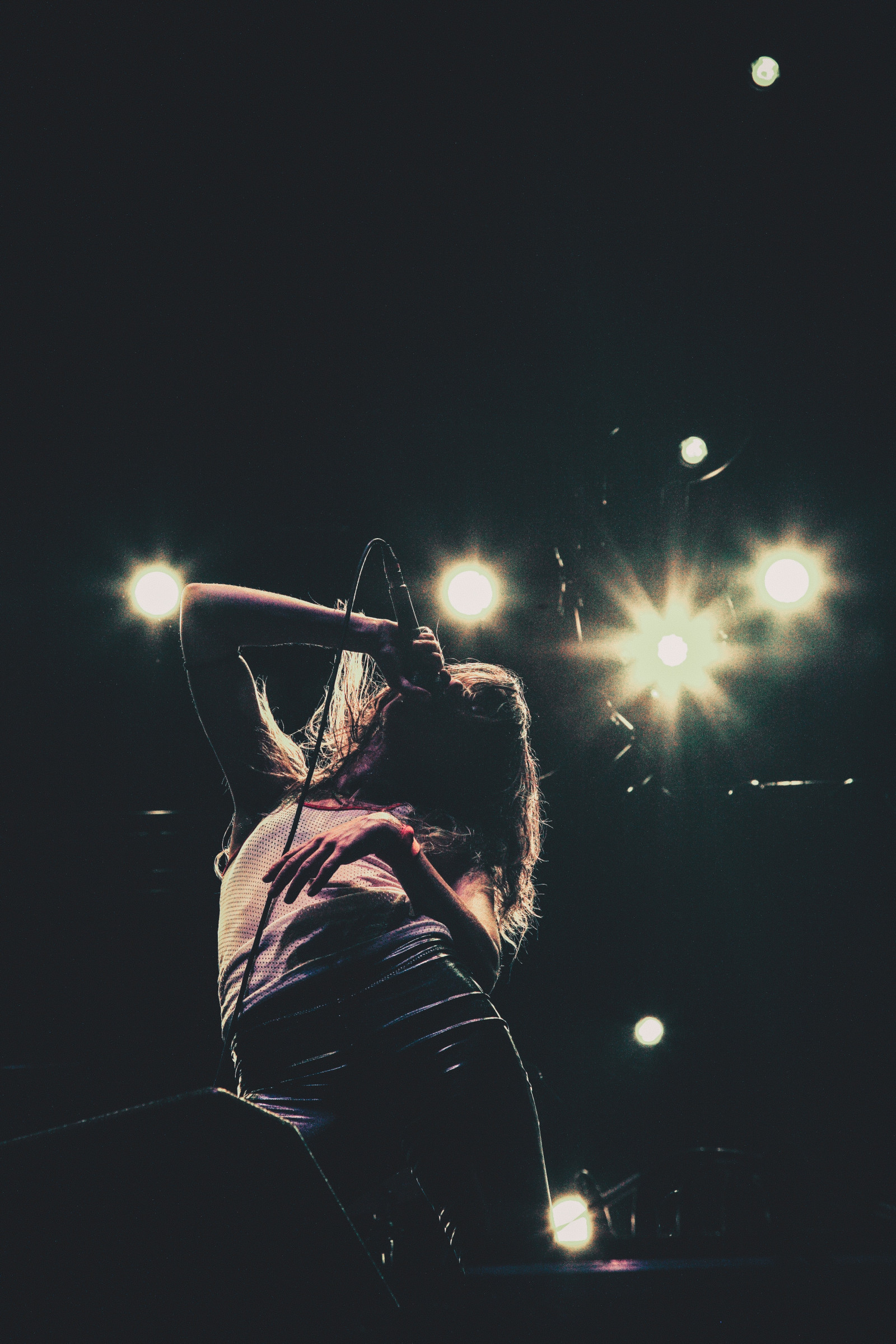Why AI generation might be just what music needs

Photo: Markus Spiske

In her hit ‘Saoko’, Rosalía celebrates her multi-dimensionality, singing (translated from Spanish): “I contradict myself, I transform / I’m everything, I transform”. As artists navigate the world of AI-generated music, her words might become a mantra.
Top artists like Drake have previously maintained success by sticking to the same style and song structures. As Trapital’s Dan Runcie put it (in a piece about Drake, no less), “the streaming era has made it more lucrative to be consistently good than occasionally great”. With a sound that is so easy to pin down, though, it is no wonder that the first AI-generated song to truly rattle the industry is a fake Drake one. Maybe Rosalía was onto something — the future metric for artist success is unpredictability.
Streaming rewards consistency
Although there are exceptions, music has arguably become more homogenised in the streaming era. When the only way to generate meaningful income is to scale mass audiences, pleasing everyone leads to the most amount of money. Many artists (and perhaps more so, labels) also feel they cannot risk their music not working on recommendations algorithms, which work by finding similarities between things like song elements and users’ listening habits. Your odds of showing up on a discovery feed are simply better if you sound like someone else, especially if that someone else is already popular.
The other homogenising factor is that everyone is using the same tools — the same Logic and Ableton templates, the same Splice samples, the same song structures. AI generation is cutting-edge tech, but we have already begun this path: the emergence and popularity of “type beats” are analogous to AI generating songs in the style of someone else.
Featured Report
Defining entertainment superfans Characteristics, categories, and commercial impact
Superfans represent a highly valuable yet consistently underleveraged audience segment for the entertainment industry. What drives this disconnect is the fact that – despite frequent anecdotal use of the term – a standardised, empirical definition remains absent, preventing companies from systematically identifying, nurturing, and monetising th...
Find out more…Striving to be inimitable
There are, of course, many other artists creating outside of the norm. Consider the shape-shifting pop artist Caroline Polachek, whose recent album Desire, I Want to Turn Into You throws traditional song structure out the window and incorporates unexpected sounds like bagpipes. Speaking on the Switched on Pop podcast recently, Polachek explained how the album is intentionally a paradox: she wrote two songs that sound completely different, and used the album to “build a bridge” between them.
Experimentation has made its way into the mainstream as well, with hits like Travis Scott’s 2018 smash ‘SICKO MODE’. Another example is, of course, Bad Bunny, by all measures the biggest artist in the world. “I think everyone’s a little itchy [for innovation] right now”, Polachek noted.
AI generators could still create songs in the styles of these artists, sure. But it would arguably be harder to create versions that live up to the originals, and harder still to surpass them. Anyway, as the novelty of AI-generated songs wears off, the future of AI in music will likely be less about generating entire songs in the style of another artist, and more about artists “sampling” other artists’ identities in their music (see Holly Herndon’s concept of “identity play”).
Polachek is right — everyone’s a little itchy right now. In a way, generative-AI music might just drive the art form forward. The new assignment for artists is to strive to be impossible to pin down.

The discussion around this post has not yet got started, be the first to add an opinion.